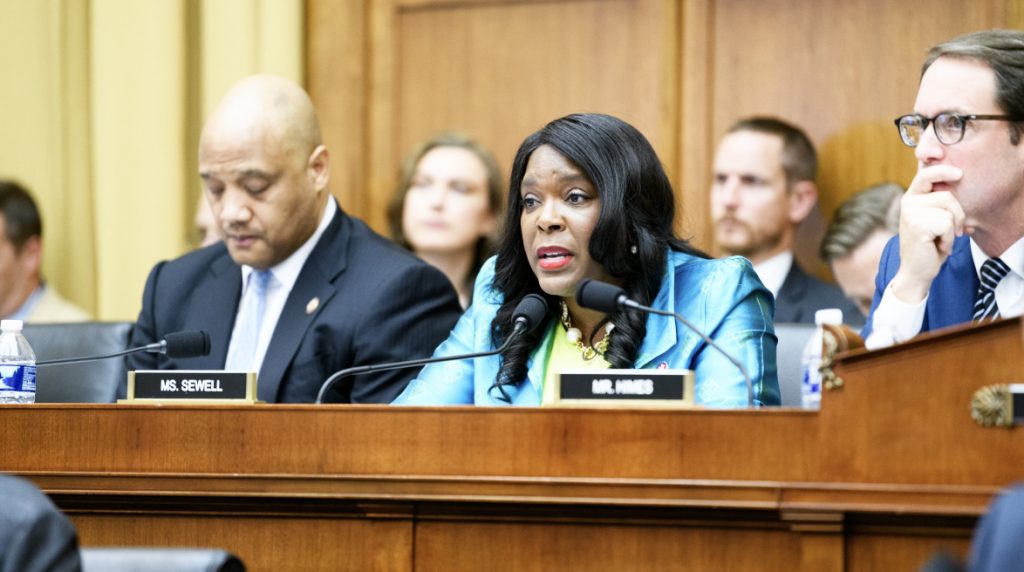U.S. Rep. Terri Sewell, AL-07, yesterday, announced that her bill, HR3222, the Black Belt National Heritage Area Act, passed the House of Representatives. Introduced by Sewell in May 2021, this legislation would designate areas within the 19 counties in Alabama’s Black Belt as a National Heritage Area. Through public-private partnerships, National Heritage Areas are able to leverage funding for long-term projects that have substantial economic and environmental benefits. The Black Belt National Heritage Area Act passed the House by an overwhelmingly bipartisan vote of 365-57 and will now make its way to the U.S. Senate.
“I’m thrilled to announce that the House has passed my bill to create the Black Belt National Heritage Area!” celebrated Rep. Sewell. “As the birthplace of the Civil Rights and Voting Rights movements, the Black Belt is where some of the most consequential chapters of American history played out. This designation will not only help preserve the rich history of the region, but will also open up new economic and tourism opportunities. As a proud daughter of the Black Belt, I thank my colleagues for passing this critical bill and will continue working to get it signed into law.”
National Heritage Areas are established by Congress for the purpose of assisting efforts to protect and promote communities that are regarded as distinctive because of their culture, history, resources, and environment. These historic areas are authorized to receive up to $1 million in federal funding annually to preserve, protect and promote important sites. Under the Alabama Black Belt National Heritage Area Act, the University of West Alabama would collaborate with the National Park Service and Black Belt communities to determine a strategic management plan.
“The story of Alabama’s Black Belt could not be more relevant with ongoing conversations exploring the multifaceted aspects of our country’s past, present and future. For Alabama’s Black Belt with its famously rich soils and landscapes have had a profound impact on the culture, history and politics of this country. Through designation as a National Heritage Area, we can shine a spotlight on these stories and bring them to prominence and ensure that future generations cannot only learn but appreciate our shared heritage. Designation is also important in that it helps us continue to build local capacity through shared resources. Our grassroots organizations have been steadfast supporters of this effort, and we are thankful for Congresswoman Sewell and Senator Shelby’s leadership in moving this legislation forward,” said Dr. Tina Naremore Jones, Vice President of the Division of Economics Workforce Development at the University of West Alabama.











